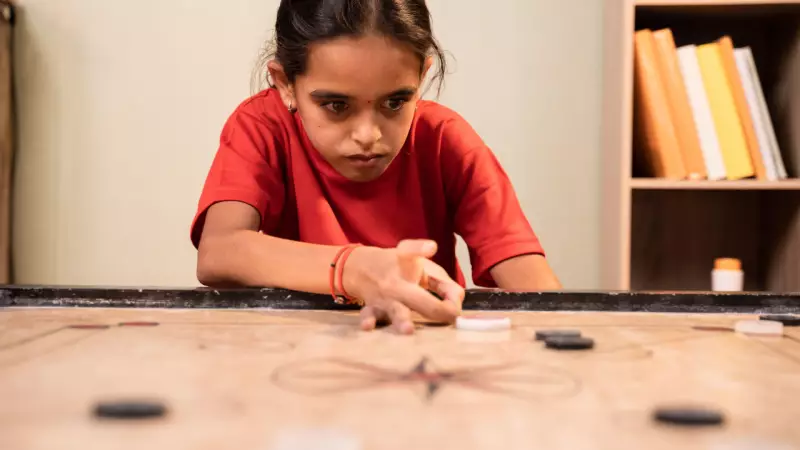
In the face of Delhi's escalating air pollution crisis, medical experts are issuing a stark warning to parents: traditional outdoor play may be doing more harm than good to your children's health. The alarming decline in air quality has forced a fundamental rethink about how and where children should engage in physical activity.
The Invisible Danger in Our Air
Recent air quality readings in the national capital have consistently shown hazardous levels of particulate matter, with the Air Quality Index (AQI) frequently crossing into the 'severe' category. This isn't just an environmental concern—it's a direct threat to children's developing respiratory systems.
"Children breathe faster and have developing lungs, making them particularly vulnerable to air pollution," explains Dr. Priya Sharma, a leading pediatric pulmonologist. "What we're seeing is an increase in asthma cases, allergic reactions, and respiratory infections among children who regularly play outdoors during peak pollution hours."
Indoor Fitness: The Smart Alternative
Rather than completely eliminating physical activity, doctors recommend transitioning to indoor alternatives that provide similar health benefits without the respiratory risks:
- Home obstacle courses using furniture and household items
- Dance and yoga sessions in well-ventilated indoor spaces
- Interactive video games that require physical movement
- Indoor swimming at climate-controlled pools
- Martial arts or gymnastics in properly filtered indoor facilities
Creating Healthy Indoor Environments
Experts emphasize that the quality of indoor air matters just as much as the activities themselves. Investing in good quality air purifiers, maintaining proper ventilation, and monitoring indoor humidity levels can create a safer exercise environment.
"Many parents don't realize that indoor air can be 2-5 times more polluted than outdoor air," notes environmental health specialist Dr. Rajiv Mehta. "Using HEPA filters and keeping windows closed during high pollution periods is crucial for creating a protective indoor space."
The Silver Lining: Unexpected Benefits
While the shift to indoor activities is driven by necessity, it comes with several unexpected advantages. Structured indoor play often provides:
- More consistent physical activity regardless of weather conditions
- Better supervision and safety monitoring
- Opportunities for skill development in controlled environments
- Reduced exposure to other outdoor hazards
As Delhi and other Indian cities continue to grapple with air quality challenges, this paradigm shift in children's fitness may become the new normal—proving that sometimes, the healthiest choice means bringing the playground inside.





